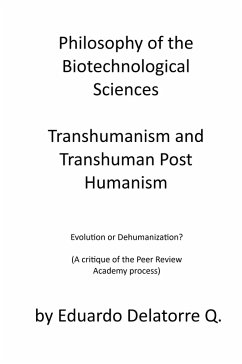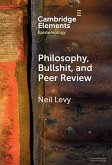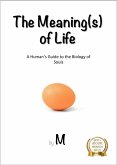Aiming to bridge this gap, the author offers a revisionist critique of transhumanism-a movement advocating for the enhancement of the human condition through various methods, including genetic engineering and surgical interventions. The author posits that once mainstream, transhumanism will lead to economically exclusive modifications of humanity, creating "customized humans" whose perceived benefits are subjective.
While transhumanism should theoretically aim to improve health, mitigate aging, and extend life expectancy, the author questions who will truly benefit from these advancements, especially in developing countries. The notion of a "customized human" raises concerns about dehumanization, and the text questions the feasibility of achieving the ideal transhuman state.
Ultimately, this reflection critiques the limitations of the peer review system, suggesting that Academia has shifted from a Peer Review model to a Pay-to-Publish paradigm.
Dieser Download kann aus rechtlichen Gründen nur mit Rechnungsadresse in A, B, CY, CZ, D, DK, EW, E, FIN, F, GR, H, IRL, I, LT, L, LR, M, NL, PL, P, R, S, SLO, SK ausgeliefert werden.









